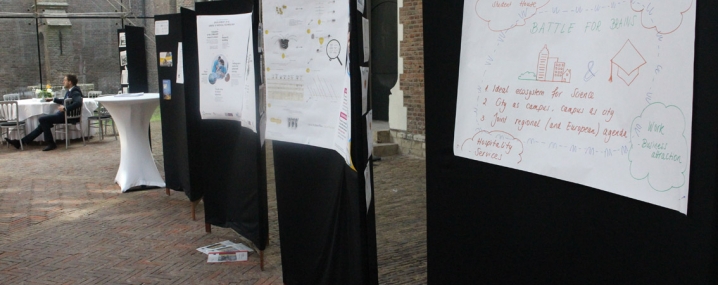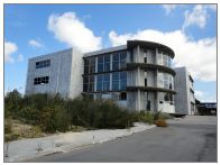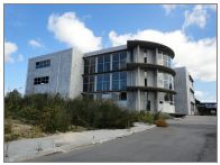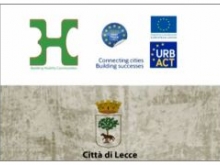
Lecce
Lecce is located in Puglia, the most southeast region of Italy, and the ‘heel’ of the geographic ‘boot’ of the country—straddling the Adriatic and Ionian coasts. A city of around 83,000 inhabitants, it has a large historic centre that includes a 2nd century amphitheatre, the Piazza del Duomo square and many Baroque-style buildings dating from the 16th century—including the impressive Basilica di Santa Croce. The centre of the city has been renovated and upgraded in recent decades, largely financed by European Union funds.
The city has a number of cultural amenities in the form of theatres, museums and art galleries, and is a popular venue for exhibitions and concerts. After a long period of decline, Lecce is now gaining in popularity as a place to live, with its ambitions for a modern future reflected in the ‘Lecce Citta Wireless’ project—which provides free Wifi for a large area of the city centre.
Tourism is the region’s main industry and has grown substantially over the last few years, both inland and on the coastal beaches, attracting some 4 million visitors in 2011. Lecce also remains a centre for the surrounding region’s agriculture, including the wine-growing areas and olive groves of Salento. By contrast, there is little advanced manufacturing, high-tech industry or knowledge-based services in the region. Unemployment rates are relatively high, with youth unemployment (18-24) standing at 37% in 2011, and few suitable jobs available for highly qualified graduates.
SOME RELATED NETWORKS
Wood Footprint
Building Healthy Communities
News
Special Report on Wood Footprint - From Empty Showrooms to Economic Development
News
Reportage - projet Wood Footprint, des showrooms abandonnés au développement économique
News





